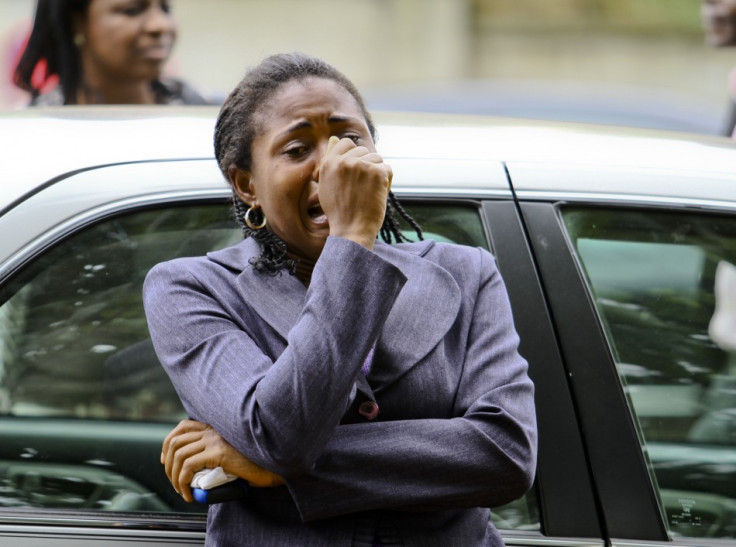Nigeria Boko Haram: Military uncovers Abuja terror plot by militants already 'inside' capital

The Nigerian military has uncovered a plot by terror group Boko Haram to attack the capital Abuja. The news came a few days after the country's intelligence warned that dozens of people linked to the Islamist outfit had been arrested in Lagos, Nigeria's commercial hub, suggesting that the insurgence could spread beyond the country's north.
Boko Haram is fighting to overthrow the Nigerian government and establish an Islamic caliphate throughout the occupied territories. Although sporadic attacks have occurred in central Nigeria, the group focusses its insurgency in the north of the country with sporadic attacks in Cameroon, Niger and Chad.
However, the terrorists plotted to attack several cities including Suleja, in Niger State, 50 km from Abuja, Gwagwalada, Garki, Central Business District, according to a report by the Nigerian newspaper The Daily Sun.
Sources told the newspaper that the military was on high alert as it is believed some terrorists were infiltrating Abuja to analyse the situation and report to their leaders. The source added that some terrorists believed to be part of Boko Haram were arrested after they had tried to plant some Improvised Explosive Device (IED) durng the National Economic Summit in 2014.
In 2014, Boko Haram detonated two bombs at a busy bus station in Abuja, killing 88 people. In 2011, the group claimed responsibility for a blast that killed 21 people and injured 60 at a UN building in the capital.
Nigeria defence's spokesperson Rabe Abubakar was not immediately available for comment. In a previous interview with IBTimes UK, the colonel said that claims made by intelligence sources regarding Boko Haram spreading its tentacles to central Nigeria should not be underestimated. However, he added that the Nigerian military was aware of Boko Haram's intentions.
Who are Nigeria's Boko Haram terrorists?
Boko Haram (recently renamed Iswap) fights against Western influence in Nigeria and aims to impose its version of Sharia law in the country.
The group declared an Islamic caliphate in Gwoza, along the Cameroon border, in August 2014.
Boko Haram has raided several cities in the north of the country in a bid to take control of more territory.
Three states − Adamawa, Borno and Yobe − have been under a state of emergency since May 2013, due to Boko Haram's attacks.
"We know what they are doing and where they are going," he said. "They [insurgents] are weak. In fact, they are using soft targets to carry out attacks," he added, referring to the large amount of civilians, mainly women and children, kidnapped by the terrorists and forced to carry out suicide bomb attacks.
In August, the Nigerian army announced a new task force – consisting of 8,700 troops from Nigeria, Niger, Chad, Cameroon and Benin – was ready to step up the fight against the terrorists. Meanwhile, unconfirmed reports that the group's leader Abubakar Shekau had been replaced started circulating after Shekau failed to appear in the group's latest propaganda videos, triggering speculation regarding his fate.
Nigeria's President Muhammadu Buhari told newly-appointed military chiefs in August that Boko Haram should be defeated by November. Some analysts, however, argued that more time was needed to eradicate terrorism in the region.
Nigeria up close: Check out our Flipboard magazine
© Copyright IBTimes 2025. All rights reserved.






















